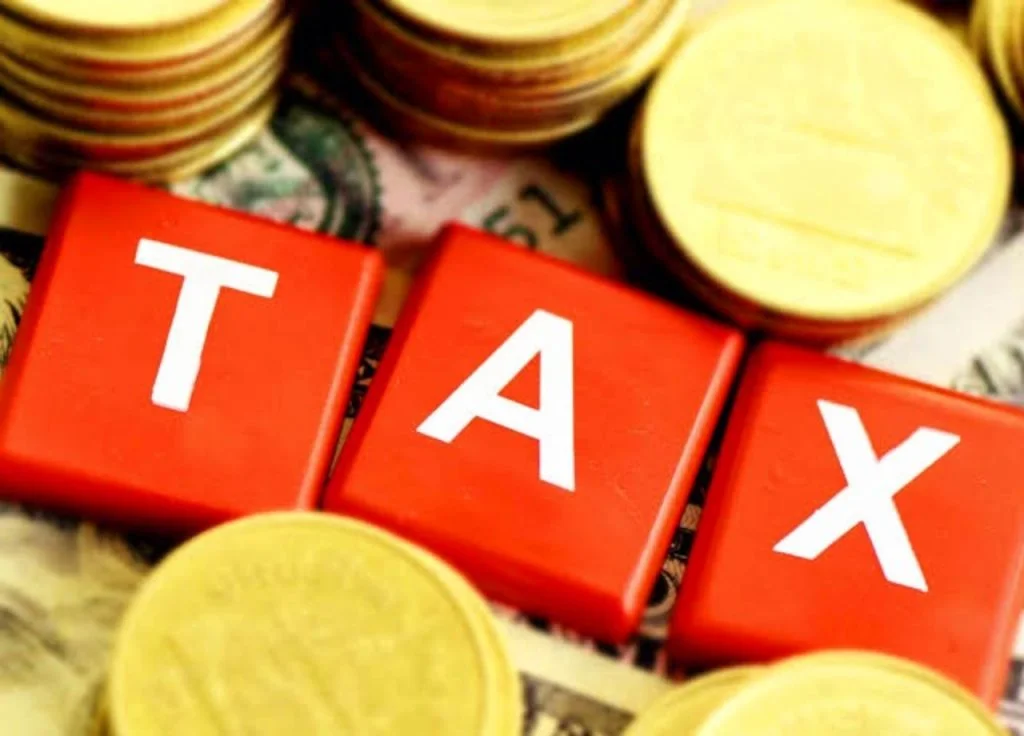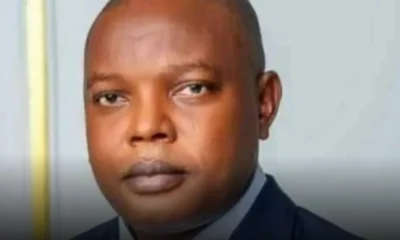Inside Nigeria
Real reason Enugu Govt imposed tax on corpses – Revenue Board

The Enugu State Government has clarified that the recently imposed tax on corpses in mortuaries is not motivated by a drive to generate revenue.
This statement was made by the Executive Chairman of the Enugu State Internal Revenue Service (ESIRS), Mr. Emmanuel Nnamani, in response to concerns raised about the Mortuary Tax circular sent to mortuary attendants across the state.
Nnamani explained that the tax is in accordance with the Births, Deaths, and Burials Law Cap 15 Revised Laws of Enugu State 2004, and its implementation was approved under section 34 of this law.
The government emphasized that the policy aims to regulate and formalize the burial process, rather than being primarily for revenue purposes.
“The sum of N40.00 only is to be paid by owners of a corpse once it was not buried within twenty-four hours. The amount continues to count daily.
“Kindly ensure that owners of corpses make the payments before collection of the corpses for burial and then remit same to the ESIRS in any commercial bank under the mortuary tax in Enugu State IGR Account,” the circular said.
Reacting, Nnamani said that the tax was not new to the state, adding that it was within the Enugu State Mortuary Tax Law which had been in existence for years.
According to him, the amount to pay as the mortuary tax was N40 daily, not N40,000.
“It is an indirect tax paid by mortuary owners, not deceased family and it is just N40, not N40,000. Since its introduction, nobody has been denied burying their dead ones.
“It means that if the corpse stays in the mortuary for 100 days, the mortuary is expected to pay to the state a sum of N4,000.
“The tax is not meant to generate revenue but to discourage people from taking their dead ones to the mortuary all the time,” Nnamani stressed.


































